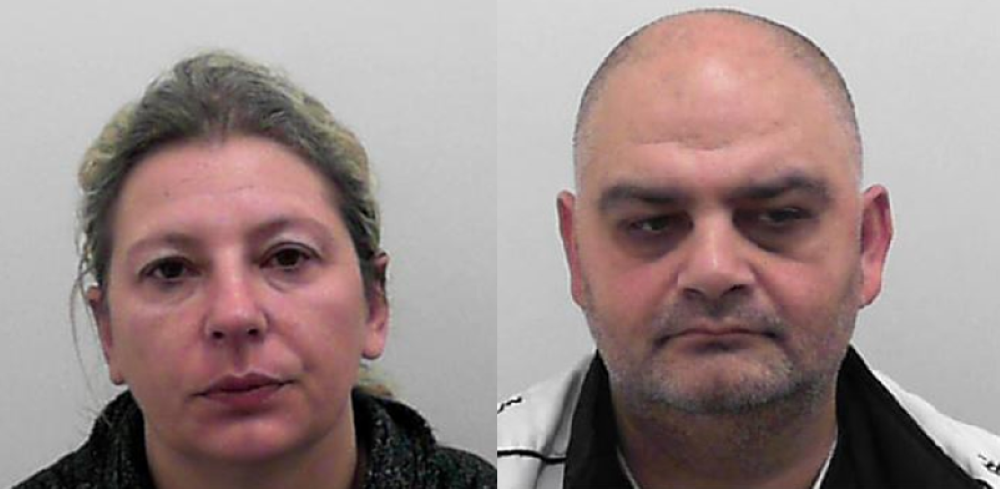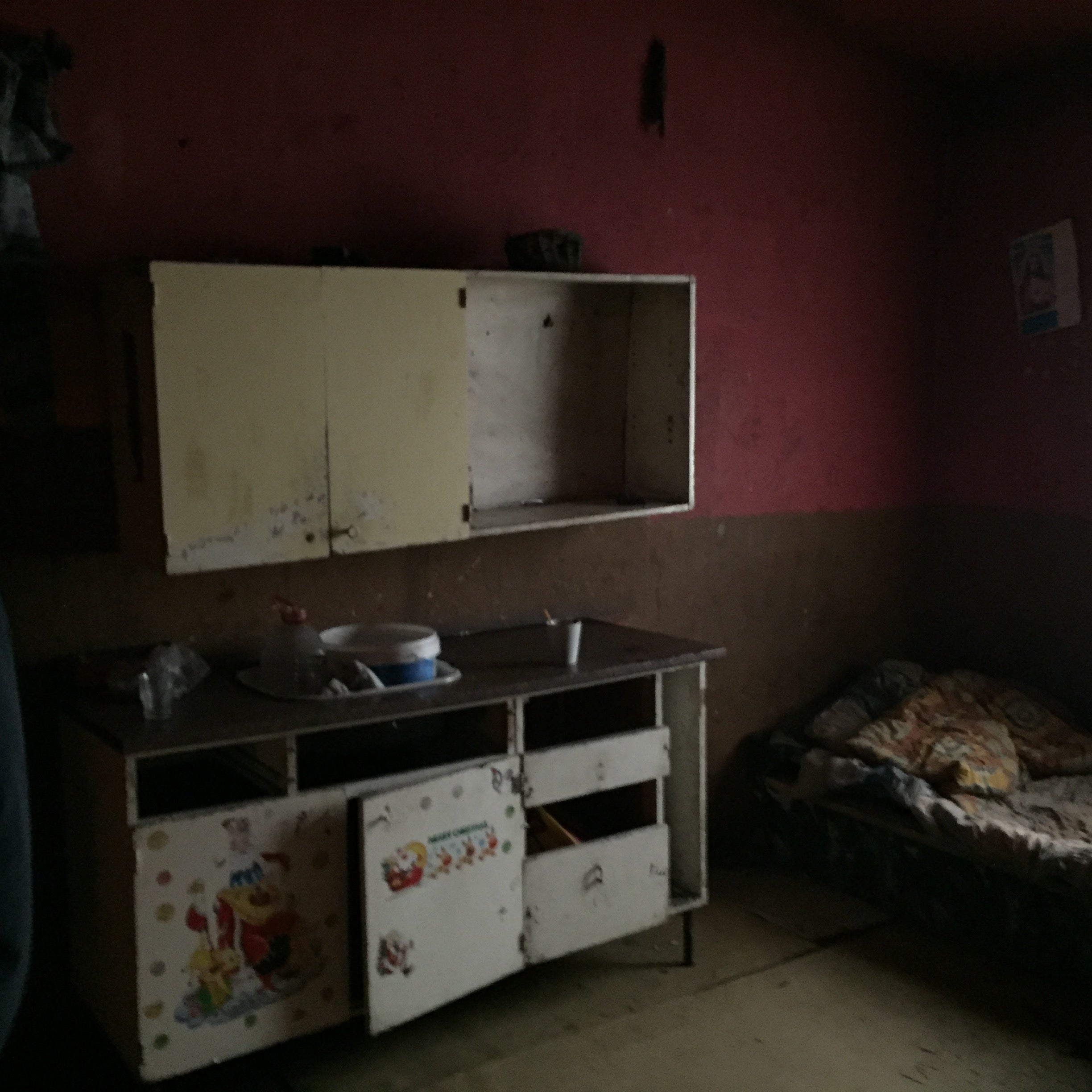
Leaving survivors of human trafficking and modern slavery in legal limbo over their immigration status risks undermining successful prosecutions, a victims’ charity has warned.
Hope for Justice warned people rescued from forced labour can often spend years waiting to learn whether they will be deported to their country of origin.
It said the situation is being exacerbated by the new Nationality and Borders Act and the Government’s attempts to send asylum seekers to Rwanda, and lesser protection for people who arrive via illegal routes.
The long and often agonising wait for decisions on status invariably impacts on survivors’ well-being and recovery— Ellie Russell, Hope for Justice
The charity made the remarks after the sentencing of two people convicting of trafficking at least 15 Slovakian men to the UK and using them as forced labour between 2010 and 2017.
Maros Tancos, 45, and Joanna Gomulska, 46, were jailed for 16 years and nine years respectively at Bristol Crown Court on Wednesday.
The pair were put under surveillance by officers from the National Crime Agency as part of Operation Langsat in partnership with the Slovakian authorities.

The couple usually recruited their victims from traveller camps and children’s homes in Slovakia, where they lived in squalid conditions, and were lured by the prospect of a better life in the UK.
But unlike many victims of modern slavery, the five men found in their home when it was raided in 2017 would, at the time, have had the right to stay in the UK as EU citizens.
Ellie Russell, UK advocacy manager at Hope for Justice, told the PA news agency: “We hear time and again that the lack of certainty in relation to their immigration status leaves survivors stressed, anxious and often lacking the everyday support they need to recover and rebuild their lives after exploitation.
“The long and often agonising wait for decisions on status invariably impacts on survivors’ well-being and recovery.
“They describe feelings of being left in ‘limbo’, waiting in often overcrowded asylum accommodation, unable to work, study or have access to mainstream benefits or long-term accommodation.”

Ms Russell added: “We know that survivors are far more likely to be able to participate in police investigations from a position of stability and safety, whereas when survivors are left in a limbo state, it is less likely perpetrators will be brought to justice.”
But despite failings of the UK’s immigration system, Hope for Justice is clear that reporting suspicions of modern slavery is the right thing for the public to do.
Adam Hewitt, a spokesman for Hope for Justice, said: “Members of the public should always report any concerns about modern slavery to the authorities.
“There are glaring gaps in the support offered to survivors of human trafficking and modern slavery, made worse by the new Nationality and Borders Act, but Hope for Justice strongly urges people to report anything they see that might be a sign of modern slavery.
“While survivors who lack adequate support or who face a risk of deportation may be vulnerable to re-trafficking – and Hope for Justice is campaigning for more support to stop this happening – there is still never any good or moral reason to choose to stay quiet and leave someone in an active situation of modern slavery.”
Mark Morrison, senior investigating officer for Operation Langsat, said the NCA would do all it could to support victims of trafficking, regardless of whether they were in the UK legally or illegally.
“(Human traffickers) make victims’ lives a misery and they make a lot of money out of this,” he told the PA news agency.
“Leave it to us, we will ensure (victims) are looked after and they are looked after properly.”
Mr Morrison said local police forces and the NCA carry out spot checks on sectors where modern slavery is commonly found, such as car washes and nail bars, but are always grateful for more information.
“We will take any information, we will look at that information and will then work out whether it is accurate, then from that we can then justify looking at whether we’re going to carry out surveillance like we did in this case,” he said.







